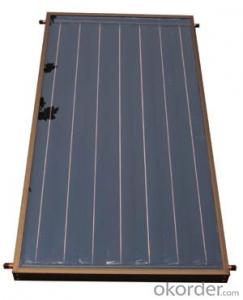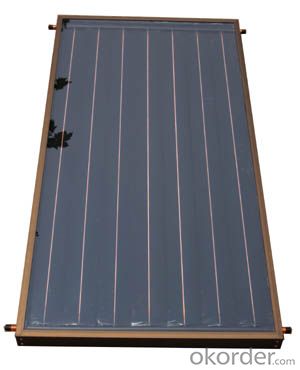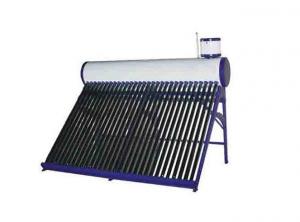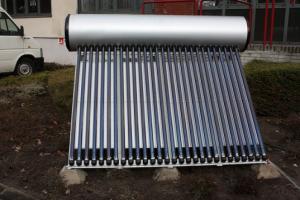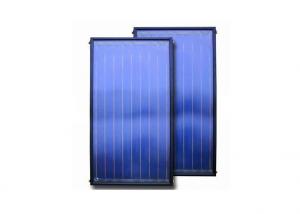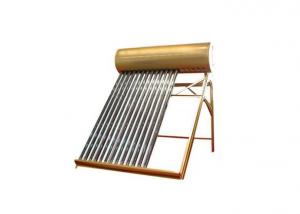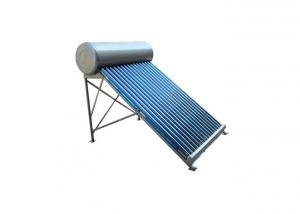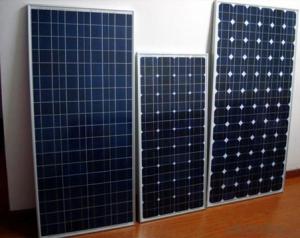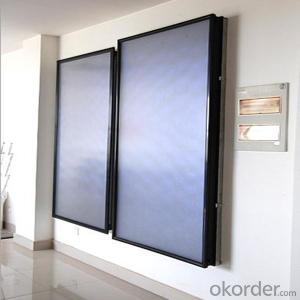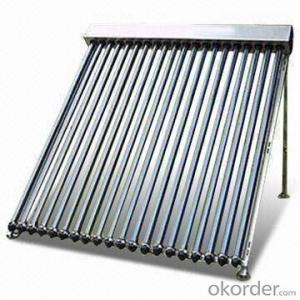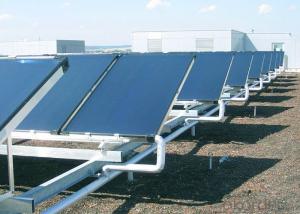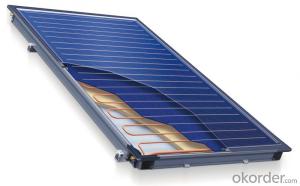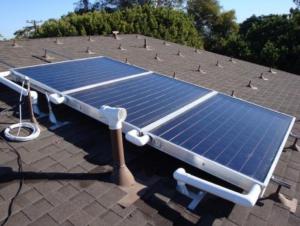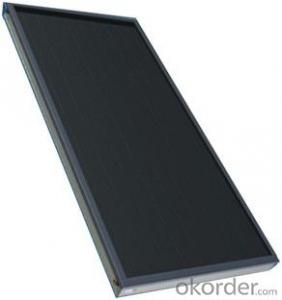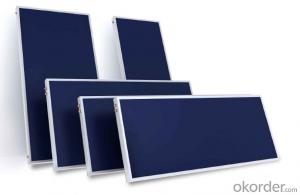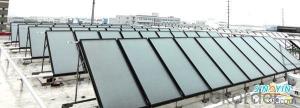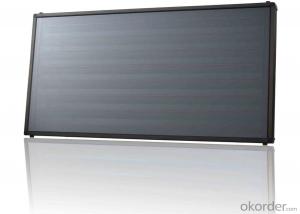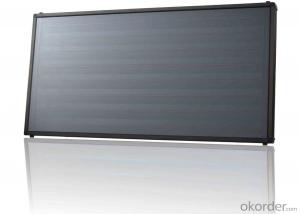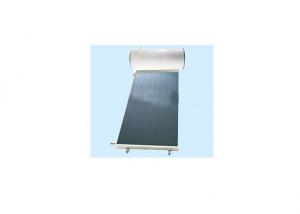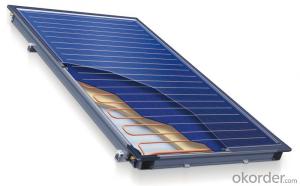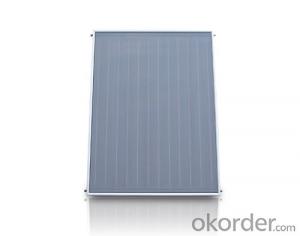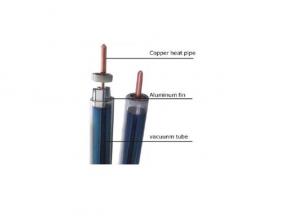Viessmann Solar Collectors - Film Flat Plate Solar Thermal Collector Bluetec Absorber Plate
- Loading Port:
- Shanghai
- Payment Terms:
- TT OR LC
- Min Order Qty:
- 500 pc
- Supply Capability:
- 10000 pc/month
OKorder Service Pledge
Quality Product, Order Online Tracking, Timely Delivery
OKorder Financial Service
Credit Rating, Credit Services, Credit Purchasing
You Might Also Like
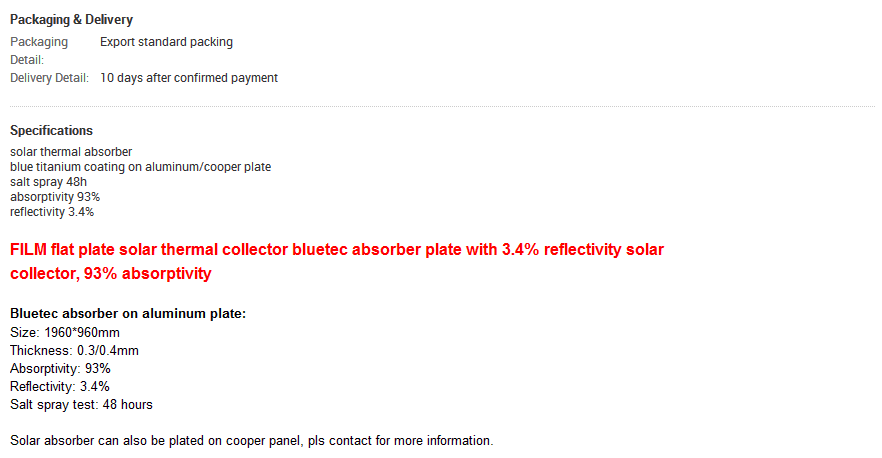
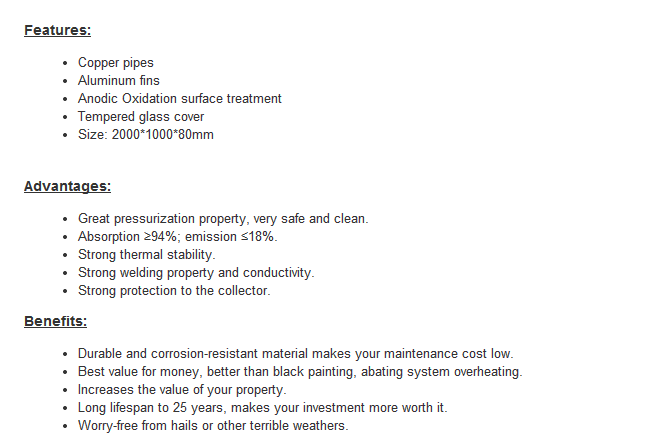
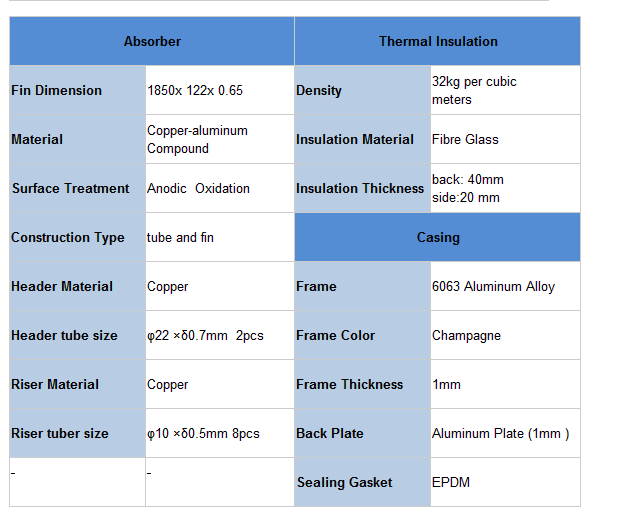
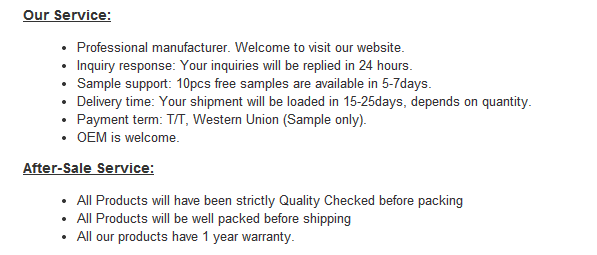
- Q: Can solar collectors be used for heating manufacturing plants?
- Yes, solar collectors can be used for heating manufacturing plants. Solar thermal systems can capture and convert sunlight into heat energy, which can then be used for heating processes and space heating in manufacturing plants. This can help reduce reliance on traditional fossil fuel-based heating systems, lower energy costs, and promote sustainability in industrial operations.
- Q: Can solar collectors be used in areas with limited access to educational resources?
- Yes, solar collectors can be used in areas with limited access to educational resources. Solar collectors are relatively simple to install and operate, requiring minimal technical knowledge. Additionally, there are various online resources and guides available that can provide step-by-step instructions on how to set up and maintain solar collectors. Thus, even in areas with limited access to educational resources, individuals can still learn and benefit from using solar collectors for clean and sustainable energy generation.
- Q: Can solar collectors be used at night?
- No, solar collectors cannot be used at night as they rely on sunlight to generate electricity or heat.
- Q: Do solar collectors require regular maintenance?
- Yes, solar collectors do require regular maintenance to ensure optimal performance and longevity. This includes cleaning the panels to remove dust and debris, inspecting for any signs of damage or wear, and occasionally replacing any faulty components. Regular maintenance helps to maximize energy production and prolong the lifespan of the solar collectors.
- Q: Can solar collectors be used for heating residential care facilities?
- Yes, solar collectors can be used for heating residential care facilities. Solar thermal systems can efficiently capture and convert sunlight into heat energy, which can then be used for space heating and hot water in residential care facilities. This renewable energy source can help reduce heating costs and greenhouse gas emissions, making it an environmentally-friendly and sustainable solution for heating these facilities.
- Q: Can solar collectors be used to heat swimming pools?
- Yes, solar collectors can be used to heat swimming pools. Solar collectors absorb sunlight and convert it into heat, which can be used to warm the water in swimming pools. This is an energy-efficient and cost-effective way to heat pools, as it utilizes renewable energy from the sun.
- Q: How do solar collectors perform during winter months?
- Solar collectors can still perform well during winter months, although their efficiency may be slightly reduced compared to the summer months. The performance of solar collectors during winter is influenced by several factors. Firstly, the angle and orientation of the solar collectors play a significant role. In winter, the sun is lower in the sky and the days are shorter, so it is important to have the collectors at an optimal angle and facing south to maximize their exposure to sunlight. Adjusting the angle of the collectors can help capture more sunlight during the shorter winter days. Secondly, weather conditions can affect the performance of solar collectors. Cloudy or overcast days can reduce the amount of sunlight reaching the collectors, which in turn affects their efficiency. However, even on cloudy days, solar collectors can still generate some heat, albeit at a lower rate. Thirdly, the ambient temperature also impacts the performance of solar collectors. Cold temperatures can affect the heat transfer from the collectors to the heat transfer fluid or to the storage system. Insulation and proper design of the collectors and piping systems can help mitigate heat losses and maintain efficiency during winter. Lastly, the usage of a backup heating system can supplement the solar collectors during periods of low sunlight or extreme cold temperatures. This ensures a constant supply of heat even when solar energy is not sufficient. In conclusion, while the performance of solar collectors may be slightly reduced during winter months due to lower sunlight intensity and shorter days, they can still generate heat and contribute to the overall energy savings and sustainability of a building or system. Proper design, orientation, and maintenance can help maximize their efficiency even in colder climates.
- Q: Can solar collectors be used for heating parks?
- Yes, solar collectors can be used for heating parks. Solar collectors can be used to capture and convert solar energy into heat, which can then be used to provide warmth to parks and outdoor spaces. This can be achieved through various solar heating systems such as solar-powered radiant heaters or solar thermal panels that can heat water or air. By utilizing solar collectors for heating, parks can become more comfortable and enjoyable for visitors while reducing reliance on traditional heating methods and minimizing environmental impact.
- Q: Can solar collectors be used in healthcare facilities?
- Yes, solar collectors can be used in healthcare facilities. They can provide a sustainable and renewable source of energy for heating water, powering equipment, and supporting various energy-intensive processes in hospitals and clinics. Solar collectors can help reduce reliance on traditional energy sources, lower operating costs, and contribute to a greener and more environmentally friendly healthcare sector.
- Q: Can solar collectors be used in off-grid applications?
- Yes, solar collectors can be used in off-grid applications. Off-grid systems often rely on solar power as a primary source of energy, and solar collectors are a crucial component of these systems. They capture sunlight and convert it into usable electricity or heat, providing a sustainable and independent energy solution for off-grid locations.
Send your message to us
Viessmann Solar Collectors - Film Flat Plate Solar Thermal Collector Bluetec Absorber Plate
- Loading Port:
- Shanghai
- Payment Terms:
- TT OR LC
- Min Order Qty:
- 500 pc
- Supply Capability:
- 10000 pc/month
OKorder Service Pledge
Quality Product, Order Online Tracking, Timely Delivery
OKorder Financial Service
Credit Rating, Credit Services, Credit Purchasing
Similar products
Hot products
Hot Searches
Related keywords
